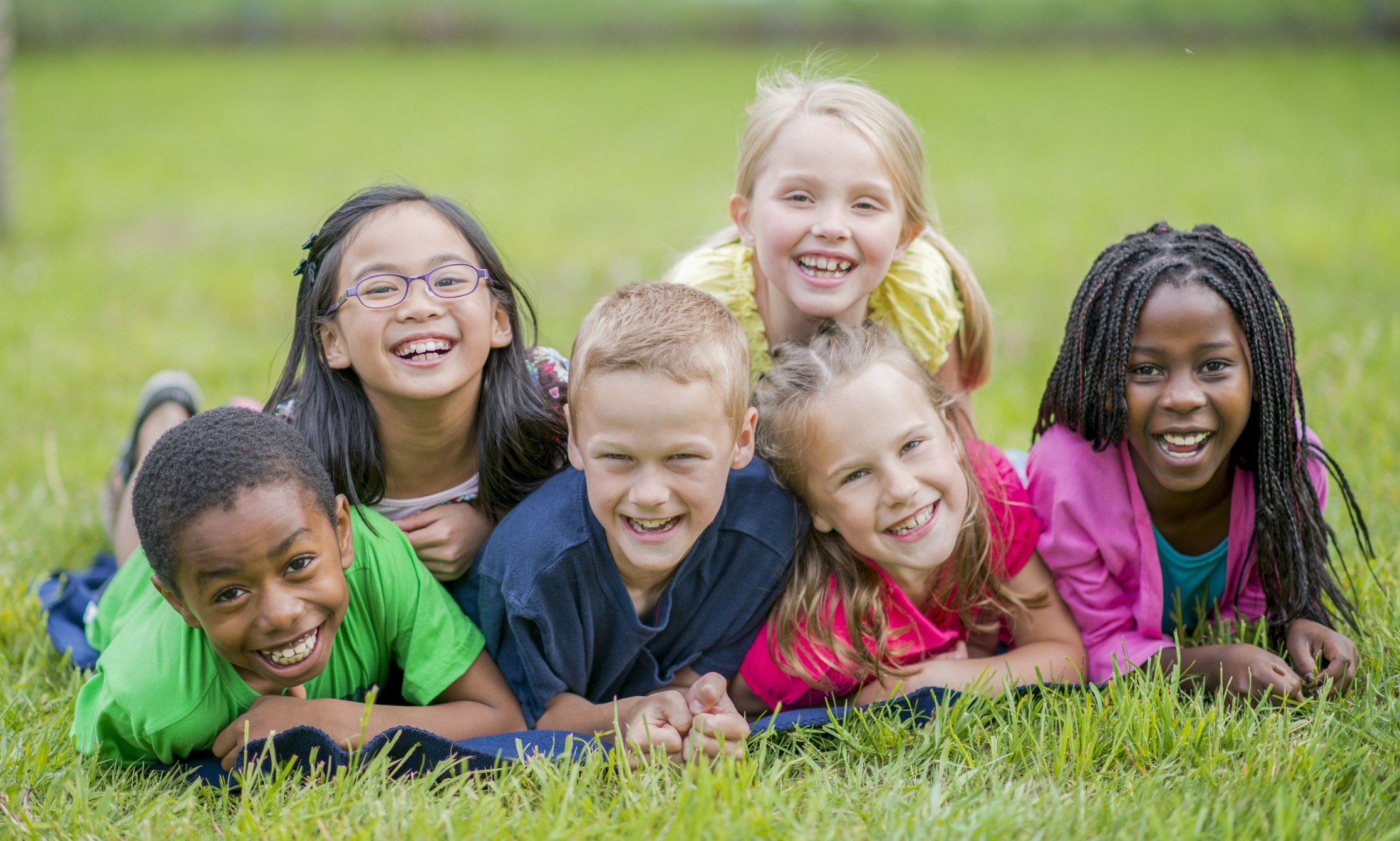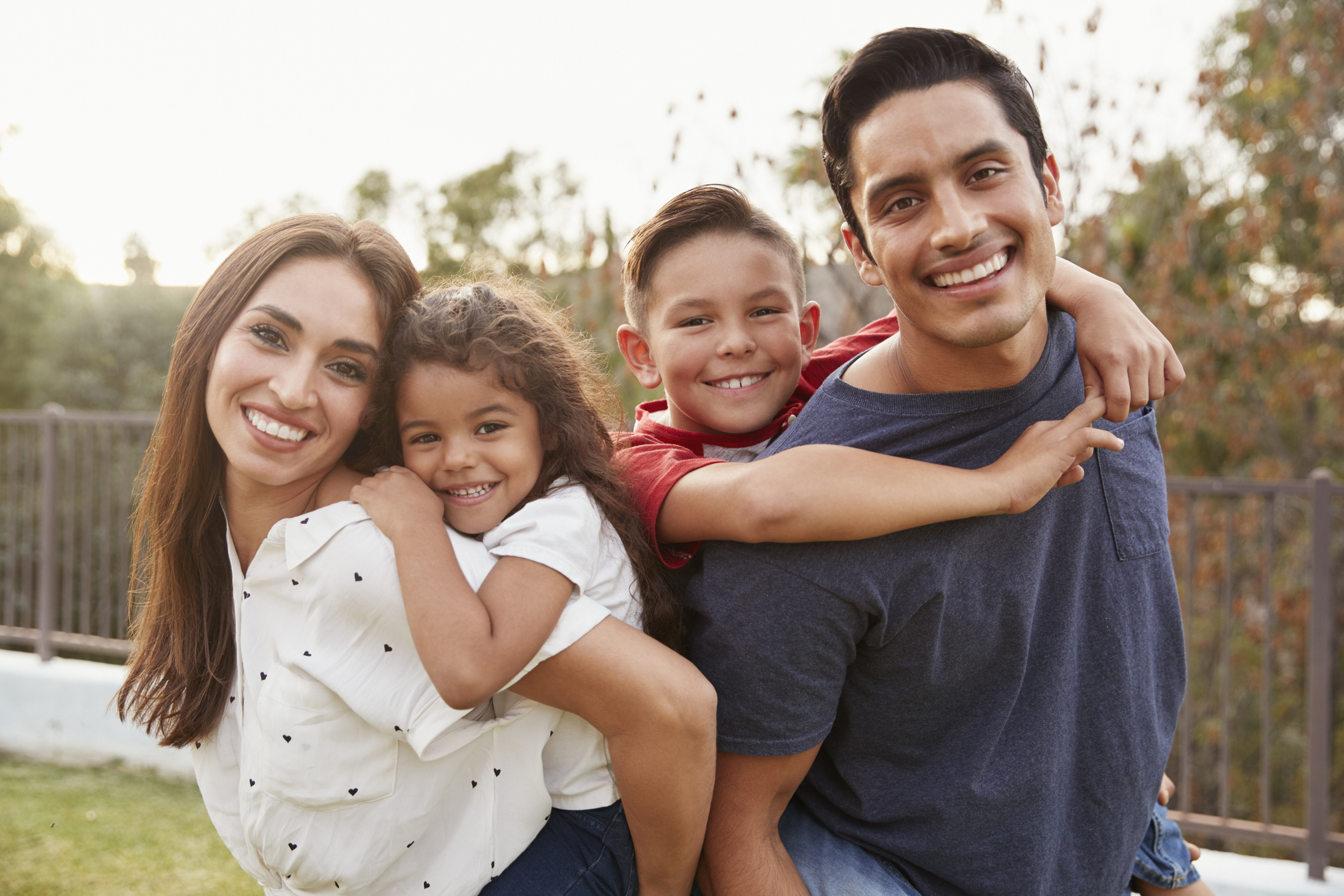It Takes A Village

"It takes a village to raise a child," goes the African proverb.
We are reminded that the well-being of the child must be in the minds of the villagers who protect the child and help them create their own future. To change a world of internalized cultural discrimination also takes a village.
The consequences are no less serious for women who mother children to be oppressed and at times brutalized, to demonstrate power. Perhaps the greatest gift we can give each child is to have the villagers gather around the mommies with respect.
Every man and every woman must acknowledge their own presumptions about each other in order to change the world for themselves and the children they bear. To raise a child is not enough. We must create villages where female children are not aborted, left to die, orphaned, neglected, sexually abused and physically mutilated just because they are girls. We must create a world where male children are not humiliated, beaten and sexualized just because they are boys.
It takes a village that believes in equality for all to create a world that is safe for all!
Only then will the children love and respect the villagers.
Kiss Your Life... 365 Reasons To Love Who You Are
By: Ann Mody Lewis Ph.D.
Reason: 297 Page: 315

"It takes a village to raise a child" is an Igbo and Yoruba proverb that exists in many different African languages. It reflects the emphasis African and Indigenous cultures place on family and community.
This proverb is so widely used in Africa that there are equivalent statements in most African languages, including "One knee does not bring up a child" in Sukuma and "One hand does not nurse a child" in Swahili. In many African and Indigenous communities, it is common for a child to be raised by its extended family; in many cases spending extended periods of time living with grandparents, aunts, and uncles. Even the wider community sometimes gets involved, as children are seen as a blessing from God upon the entire community.
Could it be that what is good for a child is good for all of us? Do we ever stop needing the connectedness of inter-dependence? From studying centenarians (those over 100 years old), we know that interpersonal connection promotes longevity. More important than what we eat is how well we are loved.
The internet connects us virtually...is that enough?
Is the illusion of sexual pornography enough?
Is traveling the world looking for wholeness enough?
A village is created when we communicate with each other, eat together, cry with each other, pray together, and go through our day with a conscious awareness of each other.
This topic is full of implications that all lead to our mental health. Perhaps the complexities of our lives have robbed us of what is most needed in our hearts. The village we live in may be more healing than the solitude we think is holy!
This month's discussion has personal as well as communal meanings.
Topics will include:
- Why is a village helpful for children?
- How can living in a village change your life?
- How does gender conditioning compromise our idea of communal living?
- Do I have to live in a village to enjoy a village?
- How does 'living in a village’ demand living in the moment?
Let's talk to create a village of spiritual connection.
Ann

